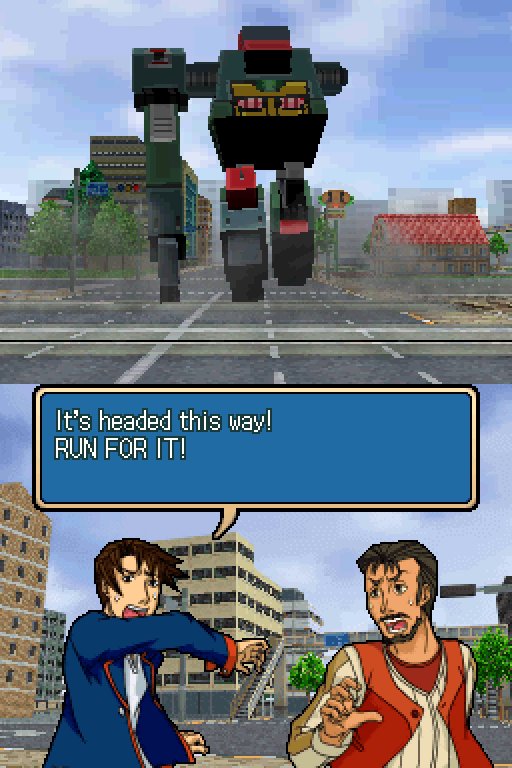
Sober and bespectacled, with an academic's short brown beard, Lukyanov speaks with the precision of a political scientist but the occasional guardedness of someone with far greater access than your average analyst. The warnings: "War is not something that's impossible anymore"Įveryone in Moscow tells you that if you want to understand Russia's foreign policy and its view of its place the world, the person you need to talk to is Fyodor Lukyanov. The stakes, they say, could not be higher: the post–World War II peace in Europe, the lives of thousands or millions of Eastern Europeans, or even, in a worst-case scenario that is remote but real, the nuclear devastation of the planet. They describe a number of ways that an unwanted but nonetheless major war, like that of 1914, could break out in the Eastern European borderlands. What they describe is a threat that combines many of the hair-trigger dangers and world-ending stakes of the Cold War with the volatility and false calm that preceded World War I - a comparison I heard with disturbing frequency. The prospect of a major war, even a nuclear war, in Europe has become thinkable, they warn, even plausible. There is a growing chorus of political analysts, arms control experts, and government officials who are sounding the alarm, trying to call the world's attention to its drift toward disaster. "There’s a low nuclear threshold now that didn’t exist during the Cold War" But this complacency is itself part of the problem, making the threat more difficult to foresee, to manage, or, potentially, to avert. People can be forgiven for not seeing the cloud hanging over them, for feeling that all is well - even as in Eastern Europe they are digging in for war. The threats are too complex, with many moving pieces and overlapping layers of risk adding up to a larger danger that is less obvious. If you take a walk around Washington or a Western European capital today, there is no feeling of looming catastrophe. Its nations are teetering on an unstable balance of power, barely held together by a Cold War–era alliance that no longer quite applies. Its political tensions have become military buildups. Its leaders have given vague signals for what would and would not lead to war. It is a tangle of military commitments and defense pledges, some of them unclear and thus easier to trigger. Putin, warning repeatedly that he would use nuclear weapons in a conflict, began forward-deploying nuclear-capable missiles and bombers.Įurope today looks disturbingly similar to the Europe of just over 100 years ago, on the eve of World War I.

They have positioned military forces and conducted chest-thumping exercises, hoping to scare one another down. This would break the status quo order that has peacefully unified Europe under Western leadership, and kept out Russian influence, for 25 years.įearing the worst of one another, the US and Russia have pledged to go to war, if necessary, to defend their interests in the Eastern European borderlands. Western nations worry, with reason, that Russia could use the threat of war, or provoke an actual conflict, to fracture NATO and its commitment to defend Eastern Europe. One in three Russians now believe the US may invade. Moscow is convinced the West is bent on isolating, subjugating, or outright destroying Russia. Does Putin believe nuclear war can be "won"?īoth sides came to believe that the other had more drastic intentions. How Putin is pushing us back to the brink


 0 kommentar(er)
0 kommentar(er)
